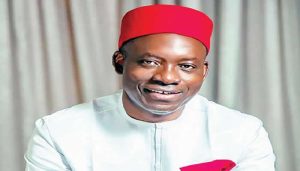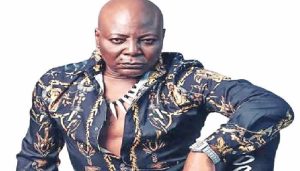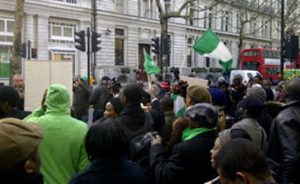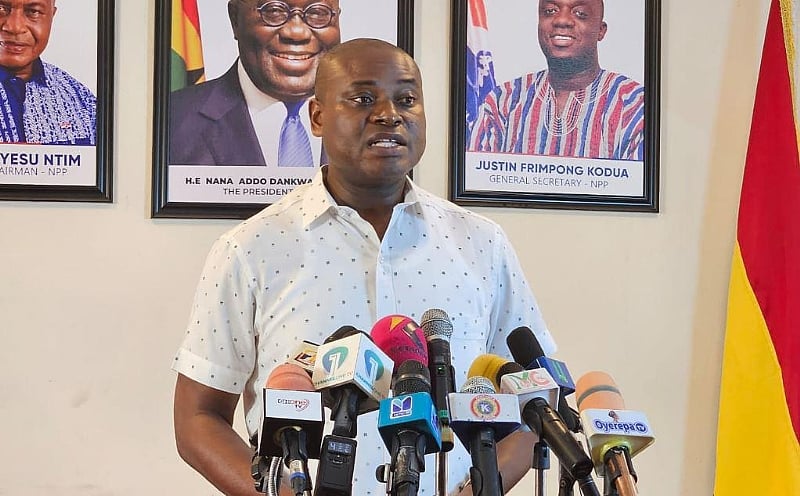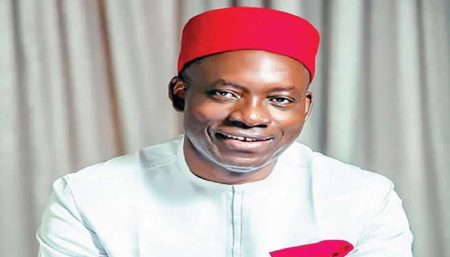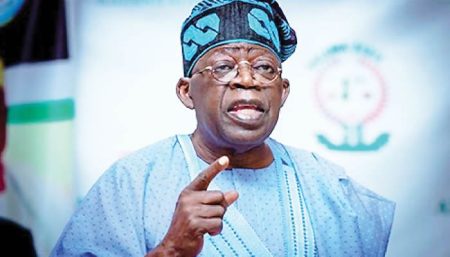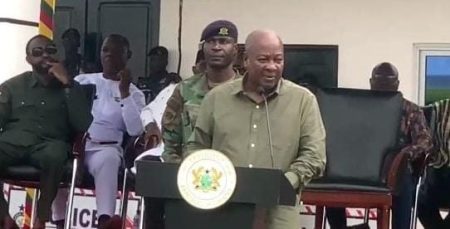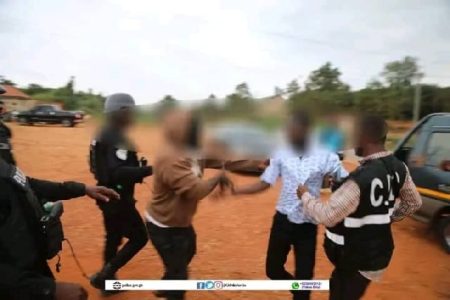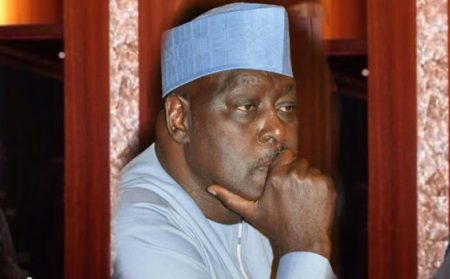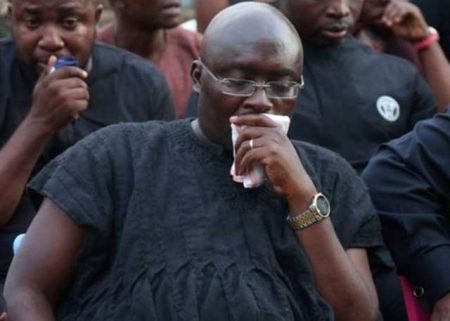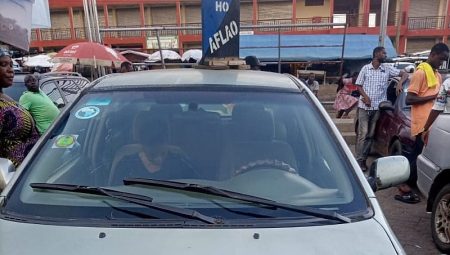The political landscape in Ghana’s Ablekuma North constituency is heating up as the New Patriotic Party (NPP) and the National Democratic Congress (NDC) lock horns over a contentious parliamentary rerun election. The rerun, scheduled for Friday, July 11, 2024, stems from a decision by the Electoral Commission (EC) to invalidate results from 19 polling stations within the constituency. The NPP’s National Communications Director, Richard Ahiagbah, has vehemently criticized the EC’s decision, accusing the body of attempting to manipulate the electoral process and subvert the will of the people. He has framed the rerun as a blatant attempt to unfairly advantage the NDC and rob the NPP of its rightful victory. Ahiagbah’s strong words reflect the deep-seated mistrust and tension between the two major political parties, further fueled by the EC’s controversial decision. He has called on voters in Ablekuma North to resist what he perceives as an undemocratic maneuver and reaffirm their support for the NPP’s candidate, Nana Akua Owusu Afriyie.
Despite the NPP leadership’s decision to boycott the rerun, Nana Akua Owusu Afriyie has chosen to participate, demonstrating her unwavering determination to retain her seat. She has expressed unwavering confidence in her victory, asserting that she rightfully won the original election. Afriyie views the rerun as an unnecessary hurdle placed in her path, but remains resolute in her commitment to defend her mandate. Her defiance of the party’s boycott underscores her strong personal conviction and belief in the democratic process. She has portrayed herself as a beacon of truth and light, drawing a stark contrast with what she perceives as the underhanded tactics of her opponents. Afriyie’s decision to contest, despite the party’s stance, reveals a complex interplay of personal ambition, political strategy, and commitment to her constituents.
The controversy surrounding the rerun election raises critical questions about the integrity of the electoral process in Ghana. The EC’s decision has been met with skepticism and accusations of bias, raising concerns about the potential for electoral manipulation. The NPP’s boycott, while a strong statement of protest, also risks disenfranchising their supporters and potentially handing the NDC an easy victory. The situation highlights the fragility of democratic institutions and the importance of maintaining public trust in the electoral system. The outcome of the rerun will undoubtedly have significant implications for the political landscape in Ablekuma North and potentially influence the broader political discourse in Ghana.
Nana Akua Owusu Afriyie’s decision to contest the rerun, despite her party’s boycott, presents a unique dynamic. She has positioned herself as a champion for the people of Ablekuma North, vowing to uphold their will and protect their democratic rights. By participating in the rerun, she aims to legitimize her victory and demonstrate her commitment to her constituents. However, her decision also puts her at odds with her own party leadership, creating a potential rift within the NPP. The outcome of the rerun could have significant implications for Afriyie’s political future, depending on whether she secures victory or faces defeat. Her actions reflect a delicate balancing act between personal ambition, party loyalty, and the pursuit of democratic principles.
The political drama unfolding in Ablekuma North underscores the high stakes involved in electoral contests and the intense competition between political parties. The accusations of electoral manipulation and the subsequent boycott highlight the deep-seated mistrust that can exist within a political system. The situation also reveals the complexities of political decision-making, as individuals and parties grapple with competing interests and conflicting priorities. The rerun election is not merely a contest for a parliamentary seat; it is a battle for the hearts and minds of the electorate, a test of the integrity of the electoral system, and a reflection of the broader political climate in Ghana.
The outcome of the rerun in Ablekuma North will have significant implications beyond the immediate constituency. It will be closely watched as a barometer of public sentiment towards the EC and the overall electoral process. The result could also influence the strategies and approaches of political parties in future elections. If the NPP’s boycott proves effective in undermining the legitimacy of the rerun, it could embolden other parties to adopt similar tactics in future disputes. Conversely, if Nana Akua Owusu Afriyie secures victory despite the boycott, it could strengthen her position within the NPP and potentially elevate her political profile. The Ablekuma North rerun is a microcosm of the larger political dynamics at play in Ghana, reflecting the ongoing struggle for power, the importance of public trust in democratic institutions, and the complex interplay between individual ambition and party politics.


